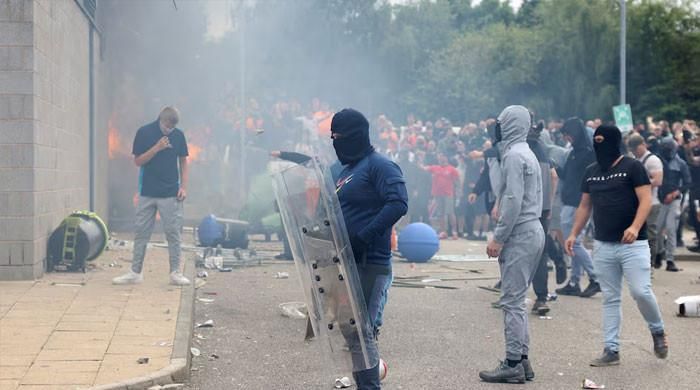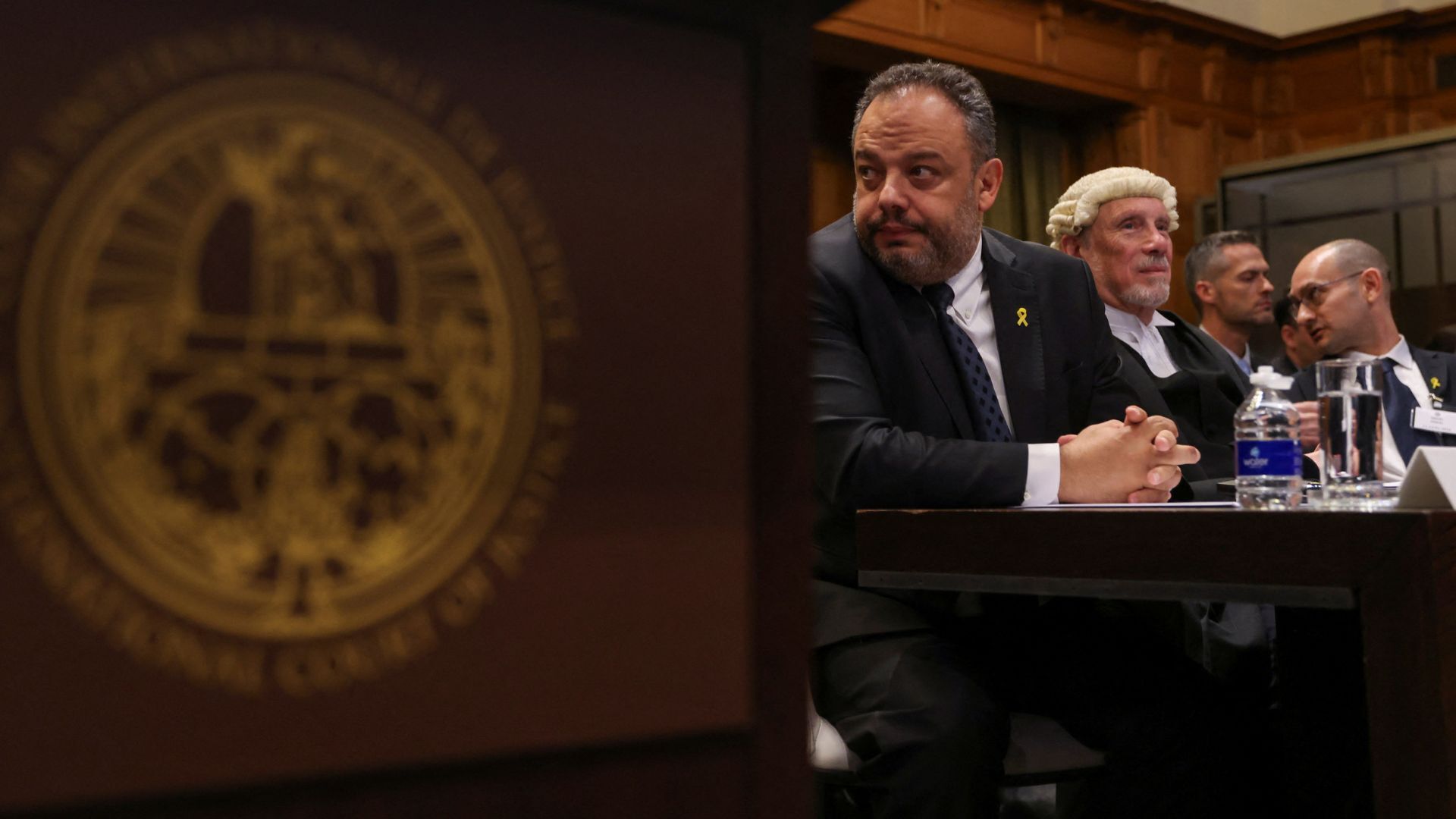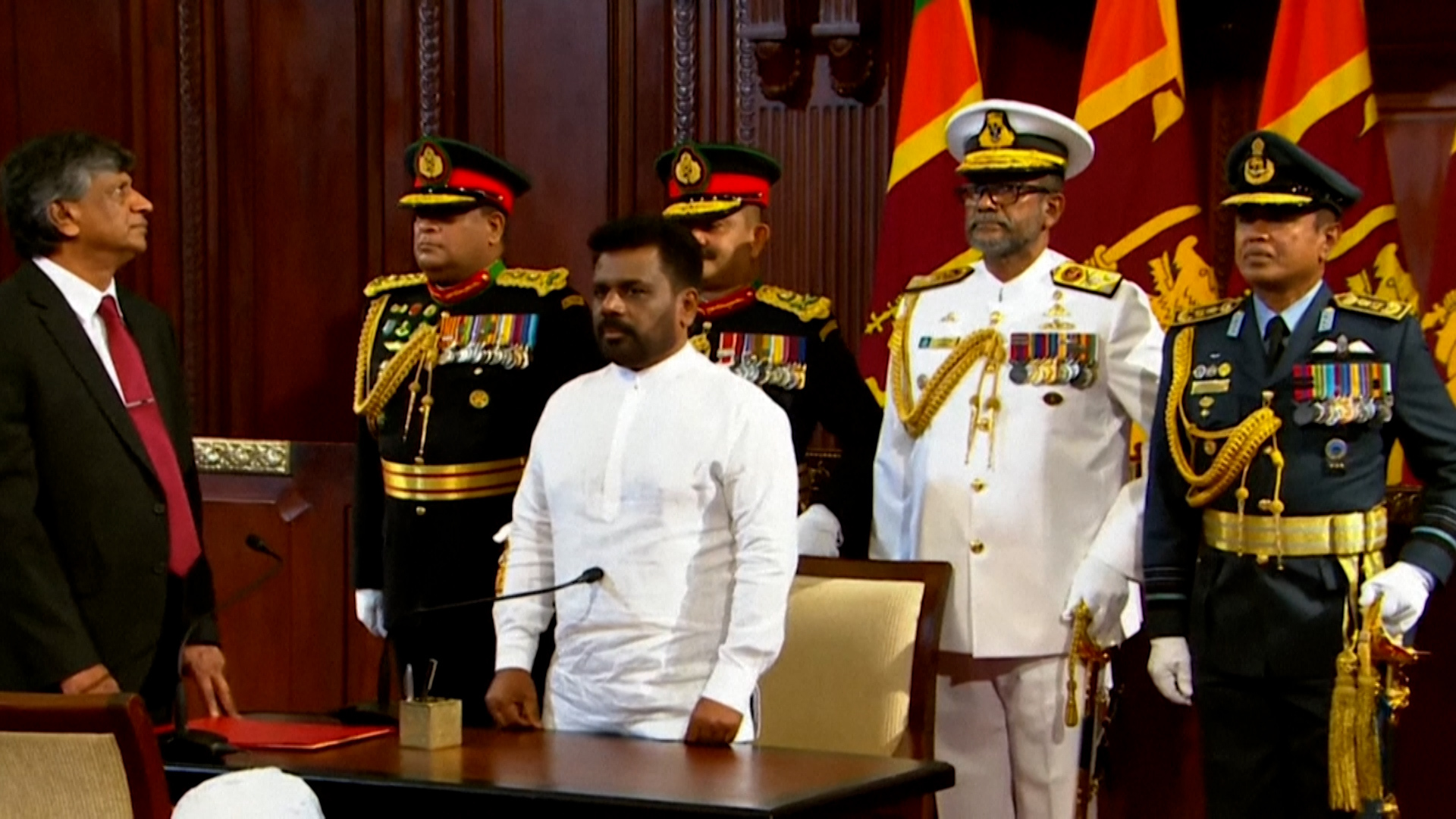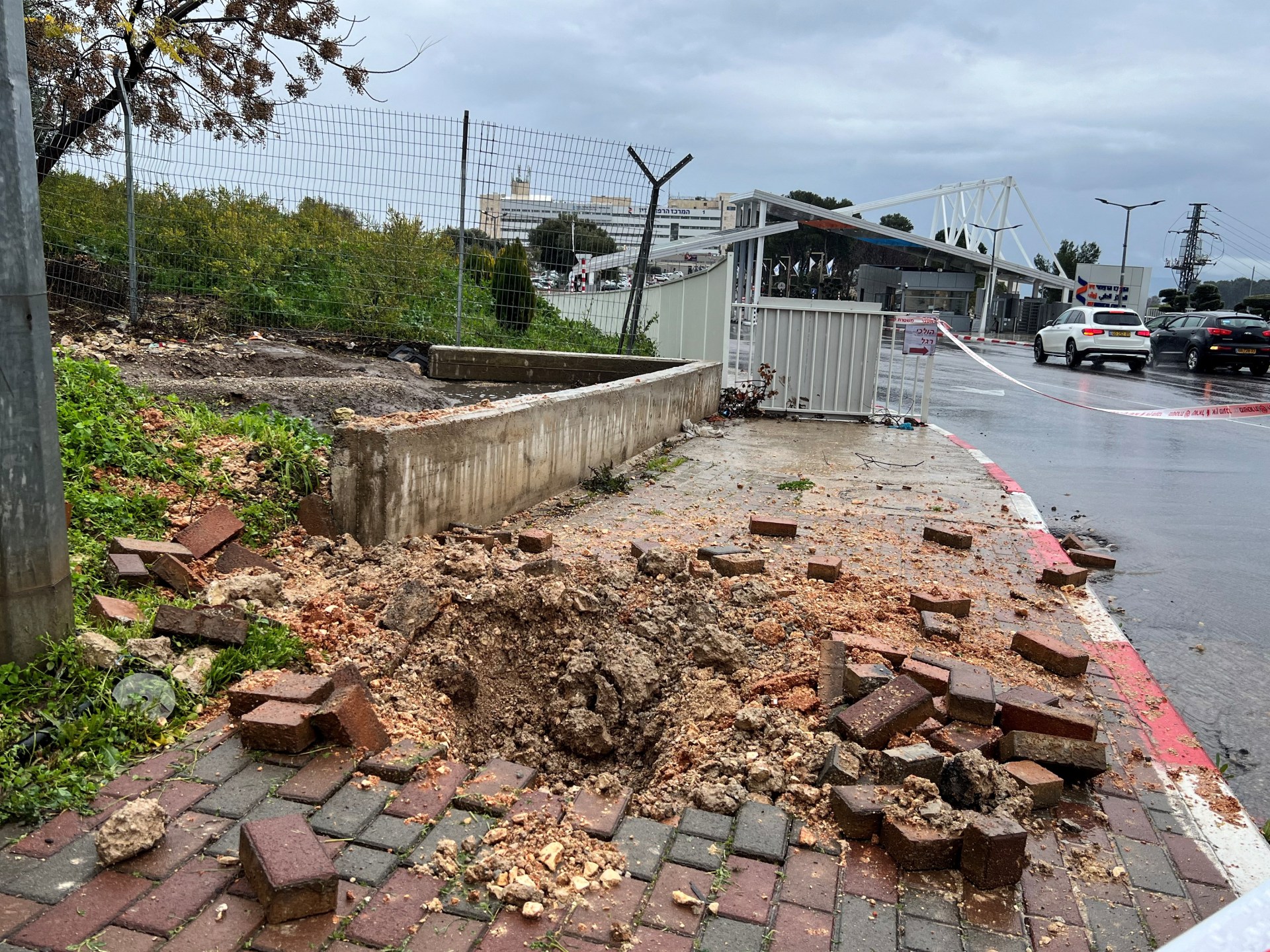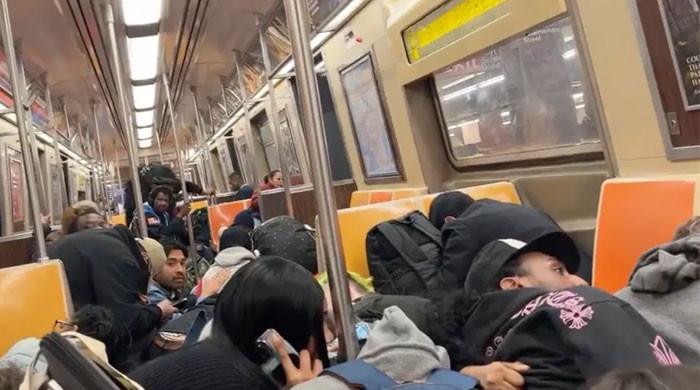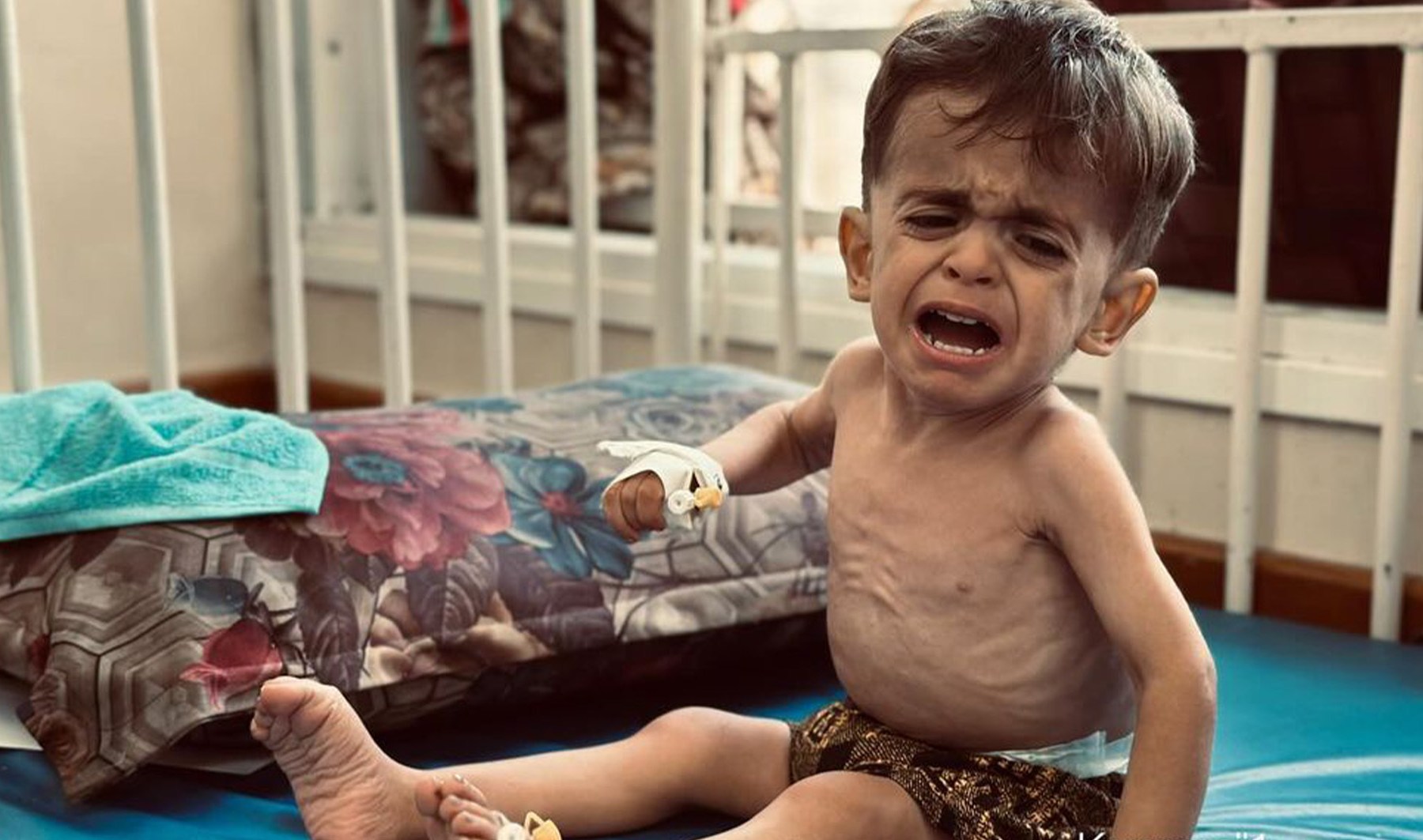British police braced for more violent racist attacks on Muslims and immigration centres on Wednesday night, with the government vowing to take swift action to punish anyone fomenting disorder.
Britain has been gripped by escalating violence that erupted early last week after three young women were killed in a knife attack in Southport, north-west England, sparking a wave of fake online messages wrongly identifying the suspected killer as an Islamist migrant.
On Wednesday, reports that far-right groups would attack immigration law firms and migrant support centres forced many to close and some family doctors in areas affected by the protests said they would close early to protect staff.
Anti-racist and anti-fascist groups have responded by organizing counter-protests across the country.
Prime Minister Keir Starmer, a former chief prosecutor facing his first crisis since winning the July 4 election, has warned rioters they face lengthy jail terms as he seeks to end Britain's worst outbreak of violence in 13 years.
In the first sentences handed down since the riots began, a 58-year-old man was sentenced to three years in prison for violent disorder, while two others, aged 41 and 29, were sentenced to 20 and 30 months respectively.
“This is the swift action we are taking. If you cause violent disorder on our streets or online, you will face the full force of the law,” Starmer said.
The riots broke out when groups of a few hundred, mostly men, clashed with police and smashed windows of hotels housing asylum seekers from Africa, Asia and the Middle East, chanting “get them out” and “stop the boats” – a reference to those arriving in Britain in small boats without permission.
Mosques have also been attacked with stones, prompting Muslim organisations to issue community security advice.
“The shocking scenes have left many Muslims and ethnic minority communities scared and fearful,” said London Mayor Sadiq Khan.
Battlefield
Migration to Britain was a major factor in the country's 2016 vote to leave the European Union and was a battleground during last month's election, when Nigel Farage's Reform Party won around 4 million votes on calls for tighter border controls.
Britain saw record levels of net migration in 2022, with numbers boosted by arrivals from Ukraine and Hong Kong, and through work and student visas.
Net migration by legal means was about 685,000 people in 2023, while 29,000 people arrived on the English coast in small boats without permission, many fleeing war zones. A chant heard at far-right riots to “stop the boats” was also a slogan of the Conservative Party before it was swept from power after 14 years at the election.
Walking past the boarded-up Immigration Office shop in Waltham Forest, north-east London, which appeared on a far-right hit list, Clarissa Rougier, a 40-year-old black woman who lives in the area, said she felt unsafe and feared being attacked because of the colour of her skin.
“What they don't know is that they brought us here to build this country… and it turns out that we have our roots here,” said a visibly shaken Rougier. “It breaks my heart… it makes me sad.”
The government has created a so-called “standing army” of 6,000 specialist police officers to respond to any outbreak of violence and says they will have a large enough presence to deal with any unrest.
London Police Chief Mark Rowley said police plans had been based on the list of potential targets but would be agile and prepared for other eventualities as well.
“That's why we have thousands of officers out tonight. We're going to protect those people,” he told reporters.
Stephen Parkinson, the Director of Public Prosecutions, said children as young as 11 have been involved in violent riots and “may face lifelong consequences for their actions”.
The National Police Chiefs' Council said more than 120 people had been charged and 428 arrests made in connection with the disorder.

